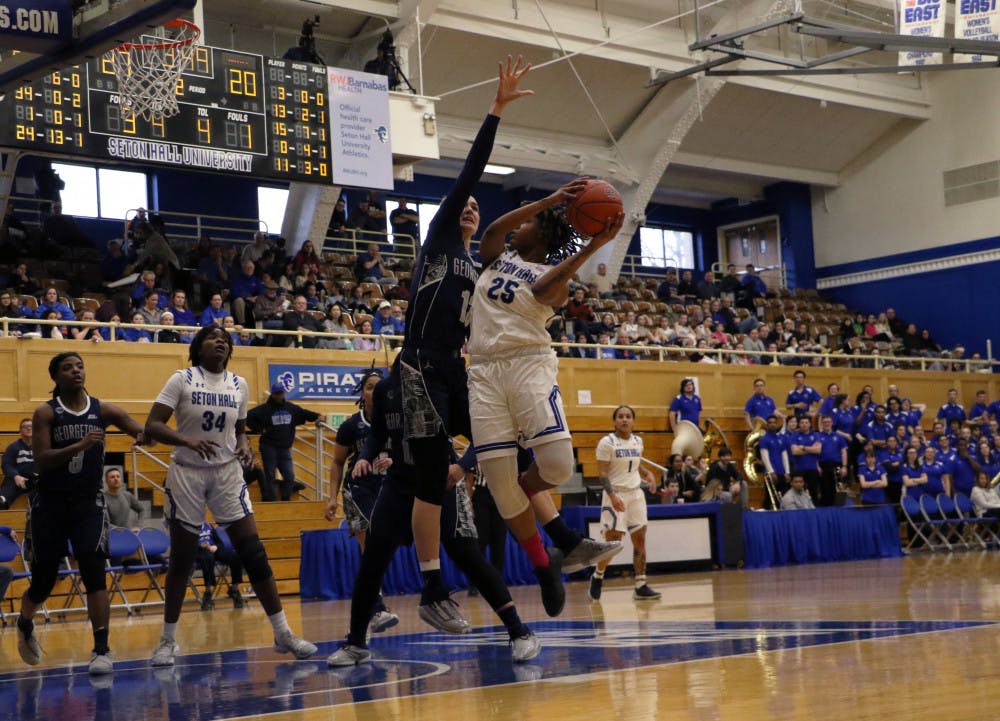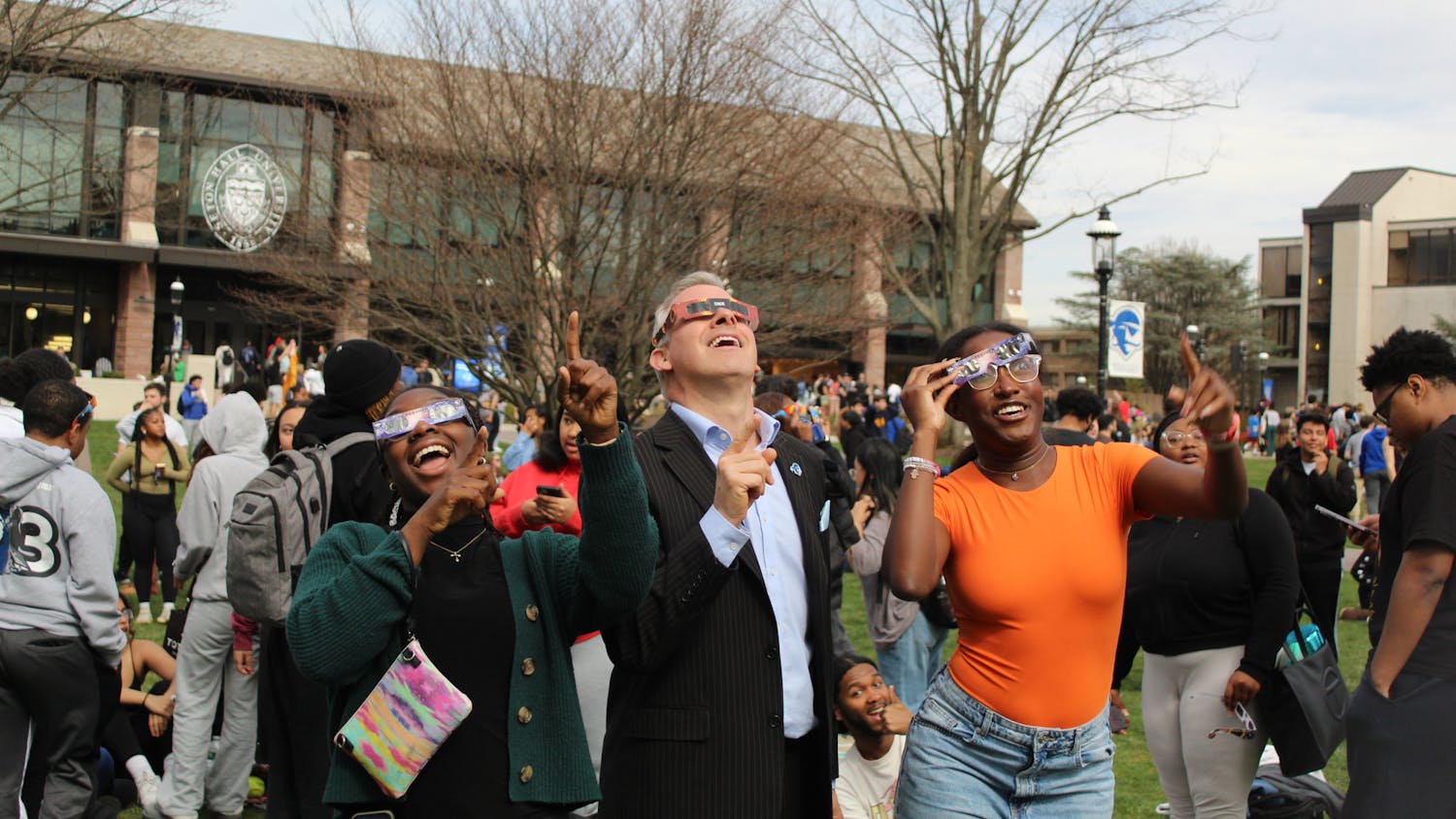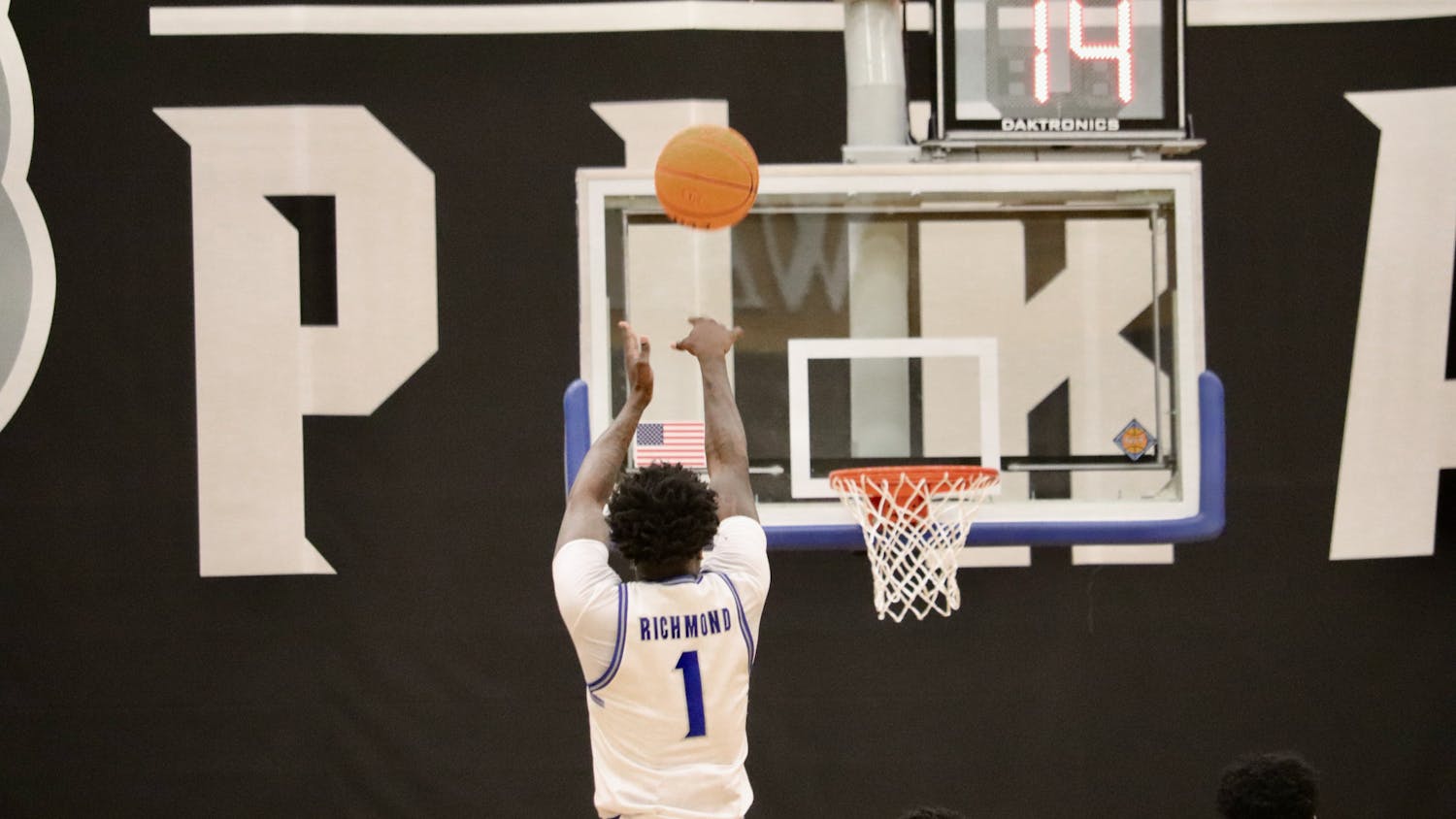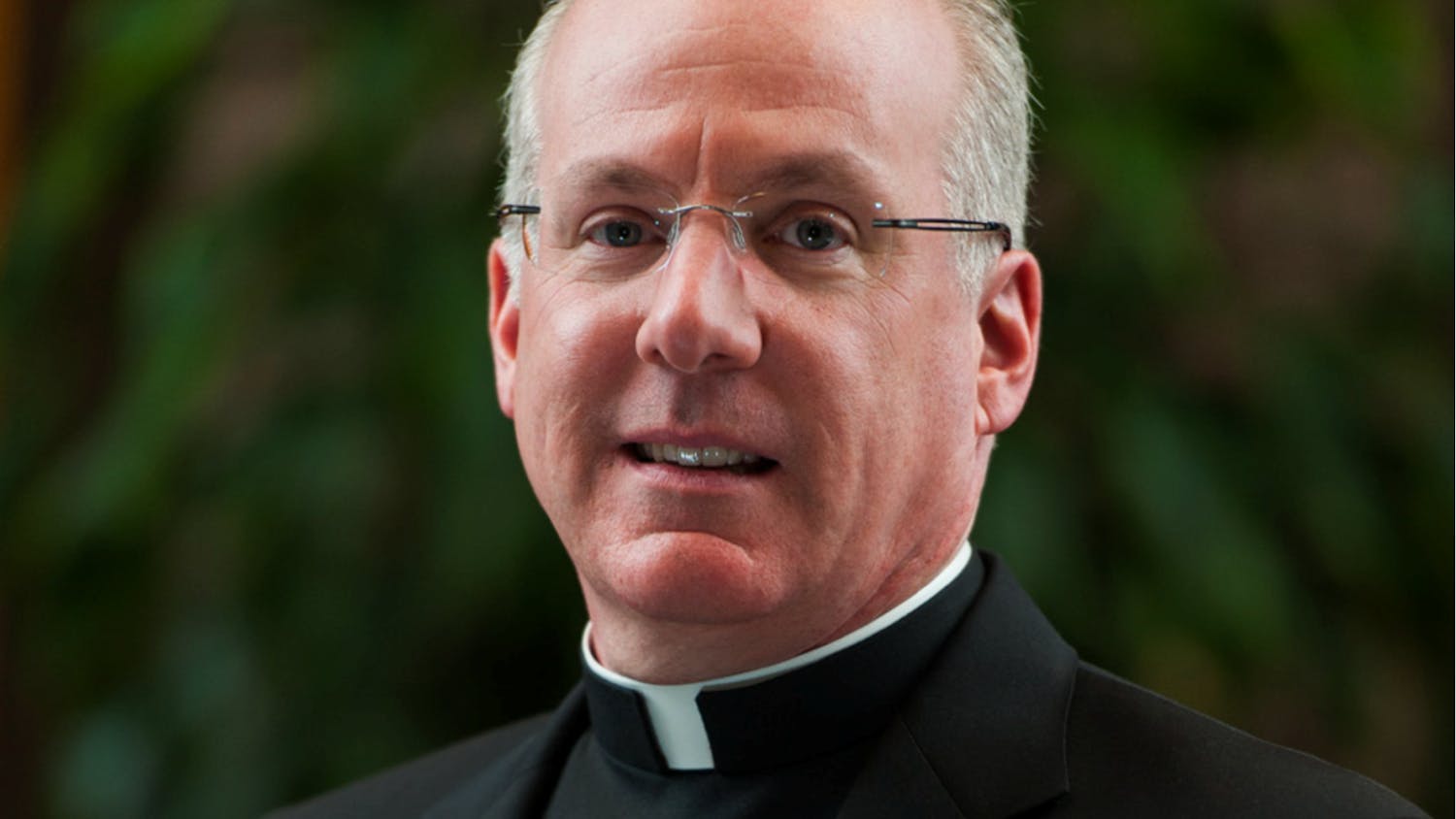As Seton Hall continues its efforts to be more environmentally friendly, professors are feeling pressure to minimize their printing, though they are not bound by the free printing limits that the university's Digital Sustainability Committee imposed this semester.
"I know the students can't print as much this year, so I've been printing out worksheets and handouts for them," Frederick Booth, chairman of the Classical Studies department, said. "Sometimes it's just easier to do things yourself."
While Booth said that he had not heard that any of his students had reached their printing limit, he knows that many classes require a lot of printing, so he does not want to add to that burden.
Additionally, Booth feels that the faculty is being pressured to lower their paper usage as well. He said that he is made aware of the amount of paper he has printed through notifications.
"I don't know who pays for it, but someone does, so we are encouraged to keep the amount of printing down," Booth said.
According to Michael Taylor, an assistant professor of both Political Science and Environmental Studies, and co-chair of the Teaching Learning Technology Roundtable's Digital Sustainability Committee, all of the paper and toner used in printing is provided to faculty through each department.
"Every department has an operating budget, and all of the costs of printing and photocopying must be covered from that budget," Taylor said. "All of the expenses for printing and copying are bourne by the department, and each department has an economic incentive to reduce wasteful practices."
Booth said that while he knows the university is ultimately trying to become paperless, he finds it difficult to imagine running language classes without paper.
"I'm just an old-fashioned guy. I don't really know how doing assignments on the computer would work," he said.
According to Richard Stern, a librarian, associate professor in the Stillman School of Business and a member of the TLTR's Digital Sustainability Committee, there are many options for faculty and students alike to reduce their printing, which the committee is currently looking into.
These options include ideas such as "Course Packs," as well as software, such as Microsoft OneNote and Adobe Acrobat Pro.
"Course Packs are assigned course readings that are bundled together as one document, sometimes with consecutive page numbers added," Stern said, adding that print shops such as Kinko's would work together with professors to create the course packs.
"The advantage to students and faculty is that students will obtain the pre-packaged course readings at the start of the semester," Stern said. "This arrangement frees students from doing their own printing. The course pack is probably less expensive as well as the print shops conduct a high volume of printing."
Computer software such as Microsoft OneNote, and Adobe Acrobat Pro would allow for student feedback and annotation on their papers without actually having to print them out.
Caitlin Carroll can be reached at caitlin.carroll@shu.edu.





